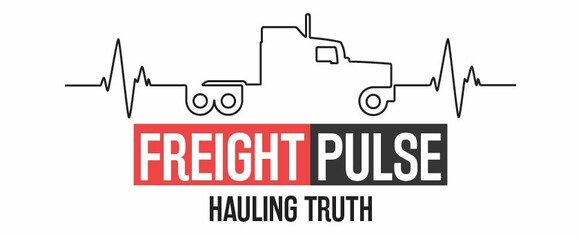The trucking industry is calling for a coordinated, whole-of-government approach to combat the rising issue of cargo thefts across the nation. As thefts continue to disrupt supply chains, inflate consumer costs, and threaten driver safety, stakeholders are urging government agencies to collaborate on stronger preventive measures.
The Growing Threat of Cargo Theft
Cargo theft has emerged as a significant threat to the trucking industry. According to recent statistics, strategic theft has risen by an alarming 1,500% since the first quarter of 2021, costing the supply chain up to $35 billion annually. The average value per theft exceeds $200,000, and criminals are increasingly targeting high-value loads such as electronics, pharmaceuticals, and food products. The problem has been exacerbated by increasingly sophisticated methods employed by organized criminal groups, including complex identity scams and fraudulent companies posing as legitimate businesses.
Impact on the Industry and Economy
The economic impact of cargo theft is staggering. Losses amount to billions of dollars annually, affecting manufacturers, retailers, and consumers. Moreover, drivers are put at risk when faced with violent theft attempts, which also contributes to labor shortages as safety concerns drive some to leave the industry. Some companies, have experienced severe consequences due to identity theft schemes where criminals create counterfeit companies to divert shipments and defraud other motor carriers.
Industry Calls for Coordinated Action
Industry leaders, including major trucking associations and business owners like Adam Blanchard, have called upon federal, state, and local agencies to work together in developing comprehensive strategies. During his testimony before a Senate Commerce Subcommittee, Blanchard emphasized that only the federal government has the resources and technical capabilities to effectively combat organized theft groups.
Recommended Measures
1. Improved Law Enforcement Collaboration: Enhanced communication and data sharing between agencies to track theft patterns and apprehend criminals.
2. Stronger Legal Penalties: Advocating for tougher sentences and greater enforcement of existing laws targeting cargo theft.
3. Investment in Technology: Encouraging the adoption of tracking devices, real-time monitoring systems, and tamper-proof seals to deter theft.
4. Public-Private Partnerships: Encouraging collaboration between government bodies and private companies to strengthen security protocols and share intelligence.
5. Legislative Action: Passing laws like the Safeguarding Our Supply Chains Act to establish a federal task force dedicated to combating cargo theft, and the Household Goods Shipping Consumer Protection Act to strengthen penalties against bad actors.
Blanchard also made several recommendations to Senators on solutions they could pursue immediately:
- Direct FMCSA to remove illegitimate carriers from their official website.
- Pass the Safeguarding Our Supply Chains Act, which would establish a federal task force dedicated to cargo theft.
- Pass the Household Goods Shipping Consumer Protection Act, which would strengthen penalties against bad actors and protect consumers.
The trucking industry’s call for a whole-of-government response is a clear indication that isolated efforts are insufficient. By fostering collaboration between agencies and investing in modern security technologies, it is possible to reduce cargo thefts and strengthen the resilience of the nation’s supply chains. Business owners like Adam Blanchard, who have built their companies from the ground up, are counting on lawmakers to provide the guidance and resources needed to fight back against these sophisticated criminal enterprises.

